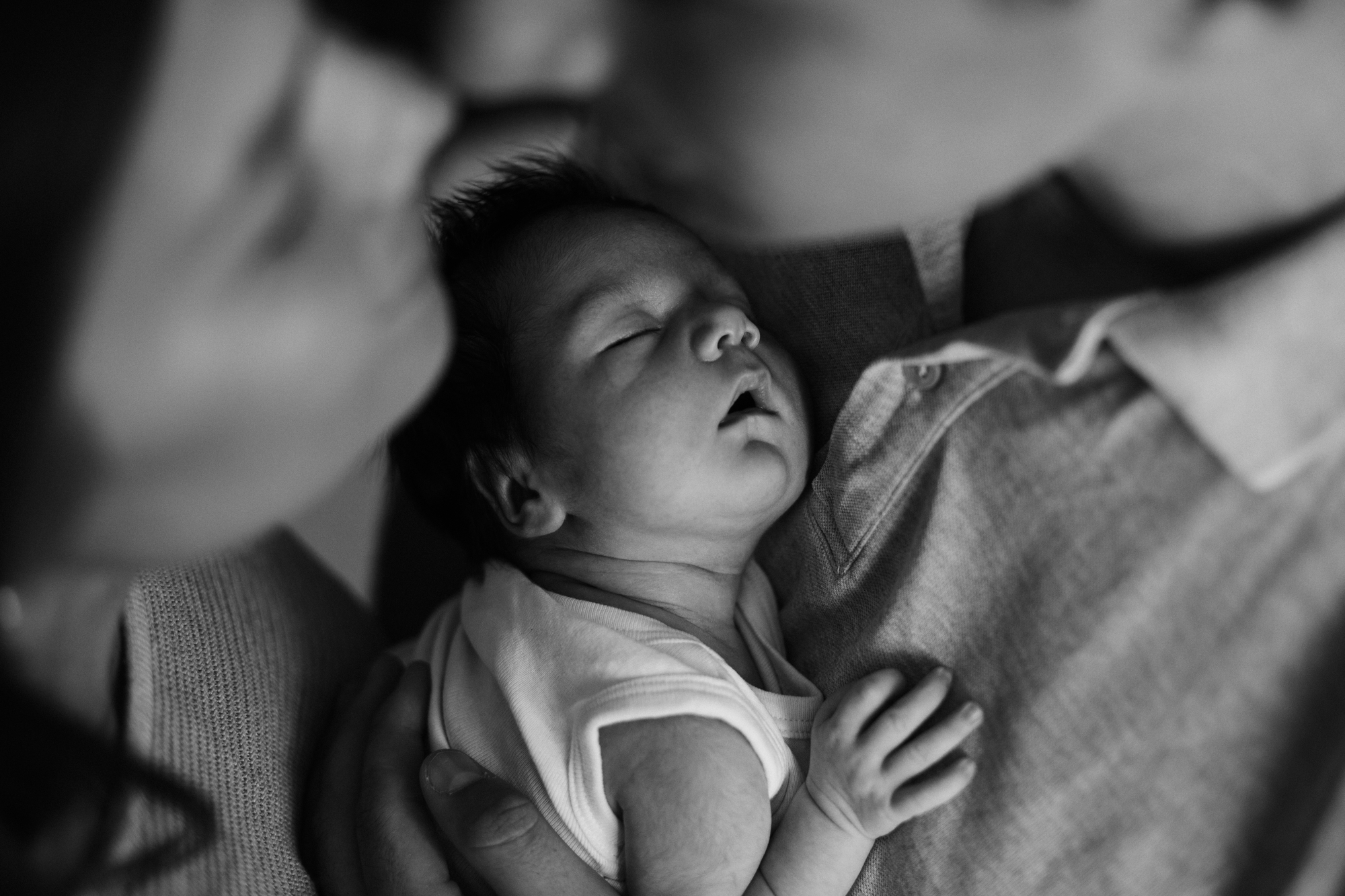EDITOR’S CORNER
In case you missed it, author Ann Bracken has a meaty and information-packed piece for Mad in America that addresses the prevailing medical conception and treatments of postpartum depression—and looks at it through an alternate lens, with alternate ways of helping.
As she states in the article, which is based on numerous articles and studies: “New mothers [benefit] the most from social support, mothers’ groups, and therapy, as well as some type of parental leave. In many other countries, government policies provide periods of paid leave for both parents so they can recover from childbirth, acclimate to the rigors of parenthood, and bond as a family. . . . While the U.S. provides no days of paid parental leave, Britain, Sweden, Estonia, and Japan provide between 39 weeks and 82 weeks of paid parental leave. The National Partnership for Women and Families says that mothers who take paid leave reduce rehospitalization by over 50%.”
 Not at all surprising, right? Interestingly, other research shows that even in countries with paid leave, other forms of social and family support are still critical. As I read on HealthDay News and posted as an Around The Web, a new study published in Population Studies found that mothers in Finland whose parents and in-laws lived far away— or were old or in poor health—were much likelier to be prescribed antidepressants than moms with intergenerational family support. As the authors conclude, “Our study suggests that support exchanges across generations matter for mothers’ mental health, even in the context of a Nordic welfare state where all parents—including single parents—benefit from generous institutional support.”
Not at all surprising, right? Interestingly, other research shows that even in countries with paid leave, other forms of social and family support are still critical. As I read on HealthDay News and posted as an Around The Web, a new study published in Population Studies found that mothers in Finland whose parents and in-laws lived far away— or were old or in poor health—were much likelier to be prescribed antidepressants than moms with intergenerational family support. As the authors conclude, “Our study suggests that support exchanges across generations matter for mothers’ mental health, even in the context of a Nordic welfare state where all parents—including single parents—benefit from generous institutional support.”
Once again, this is hardly surprising. Anyone who’s ever been pregnant knows too well the stressors associated with childbearing and child rearing and their impact on body and mind both.
A few months after my second was born, I was exhausted and struggling with knee pain when a GP asked me about my mood during a routine check. I answered candidly about being short on sleep and feeling a little down. His response, without asking a single follow-up question? To whip out a pad and pen and start writing a prescription for Prozac. I told him I wouldn’t take it. He handed it over anyway. When I got home, I chucked it into the trash.
If he had, instead, asked follow-up questions, I might have told him about my messed-up knee. I might have told him my parents weren’t alive to help me and my husband with our kids. I might have told him my father-in-law wasn’t, either. My mother-in-law was still living, yes, but she was in a nursing home with dementia, and all other living family members on both sides were at least a two-hour car drive away. I quietly envied other young parents who had a grandma or grandpa nearby to watch the kids now and then, maybe take them to a movie, maybe swing by with dinner.
I don’t mean to complain; I was in a good place, a good marriage, a good community with wonderful friends and neighbors. And soon enough, my daughter started sleeping more (and crying less) at night. I started a new exercise routine that was friendlier to my joints, relieving my knee pain, and my own sleep and mood naturally improved. I was one of the lucky ones.
Other parents aren’t as lucky. Those who struggle with depression following childbirth need social support, financial support, perhaps other aids, therapy—or perhaps just someone to help out, now and then, giving new moms and dads a break. Bringing a new human into the world ain’t easy, as parents have known since the dawn of homo sapiens.
They had help from their tribes during the Ice Age. They could use help now.
—Amy Biancolli, Family Editor
***
More from Mad in the Family
More Editor’s Corners














